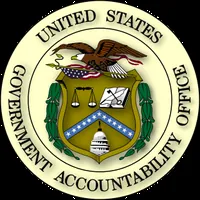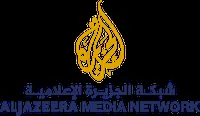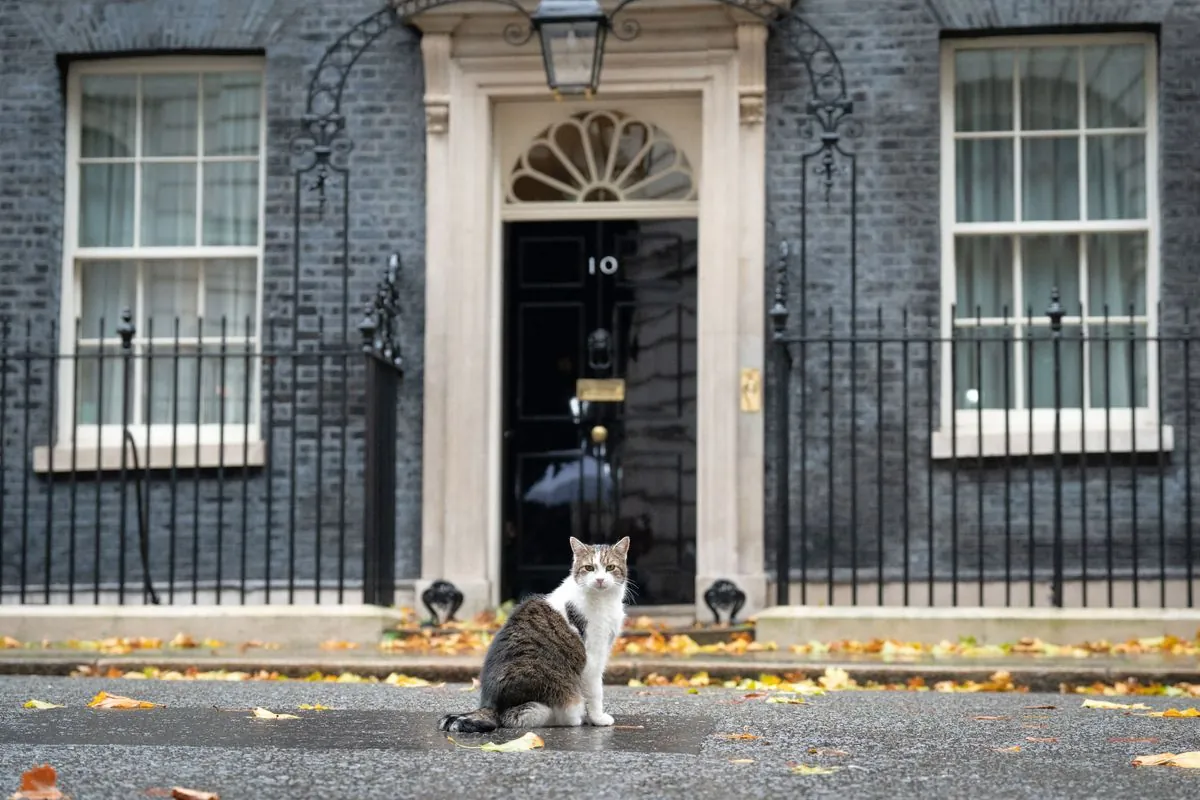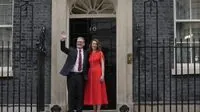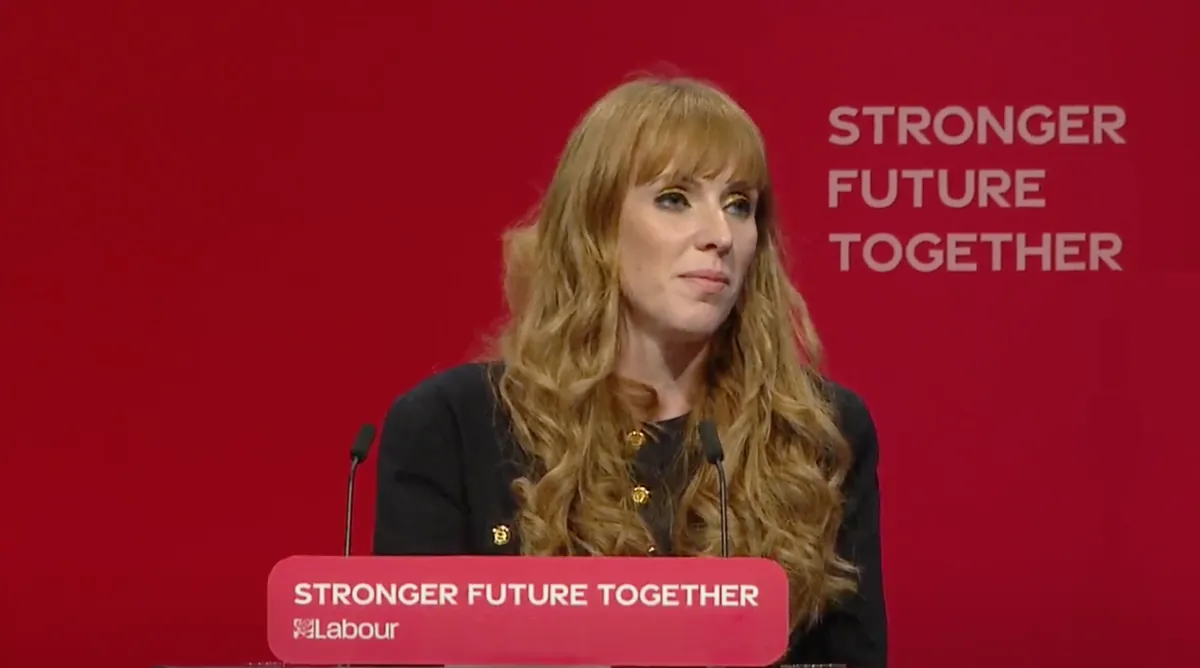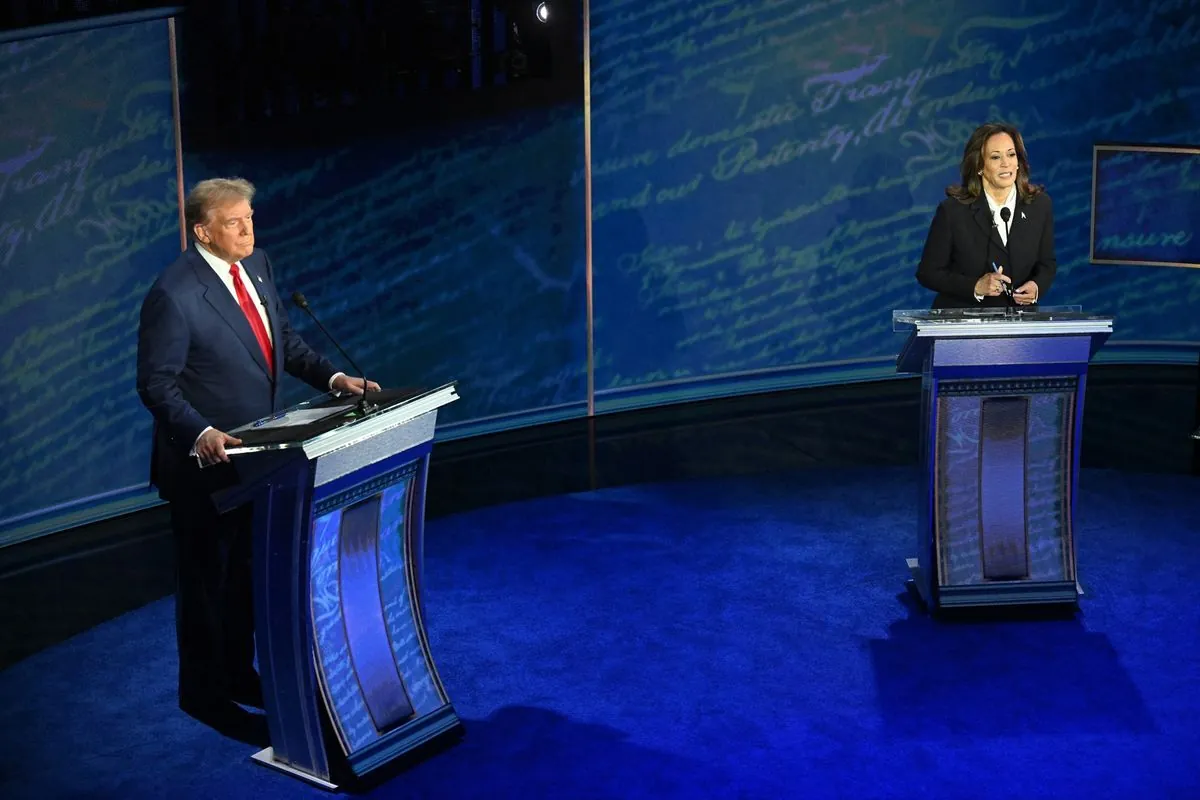Lebanon's Fragile Balance: Hezbollah's Rise Amid Crisis and Diversity
Lebanon grapples with political fragmentation and economic turmoil as Hezbollah gains power. The nation's diverse society faces the prospect of unwanted conflict, highlighting the complex challenges in this small but significant Middle Eastern state.
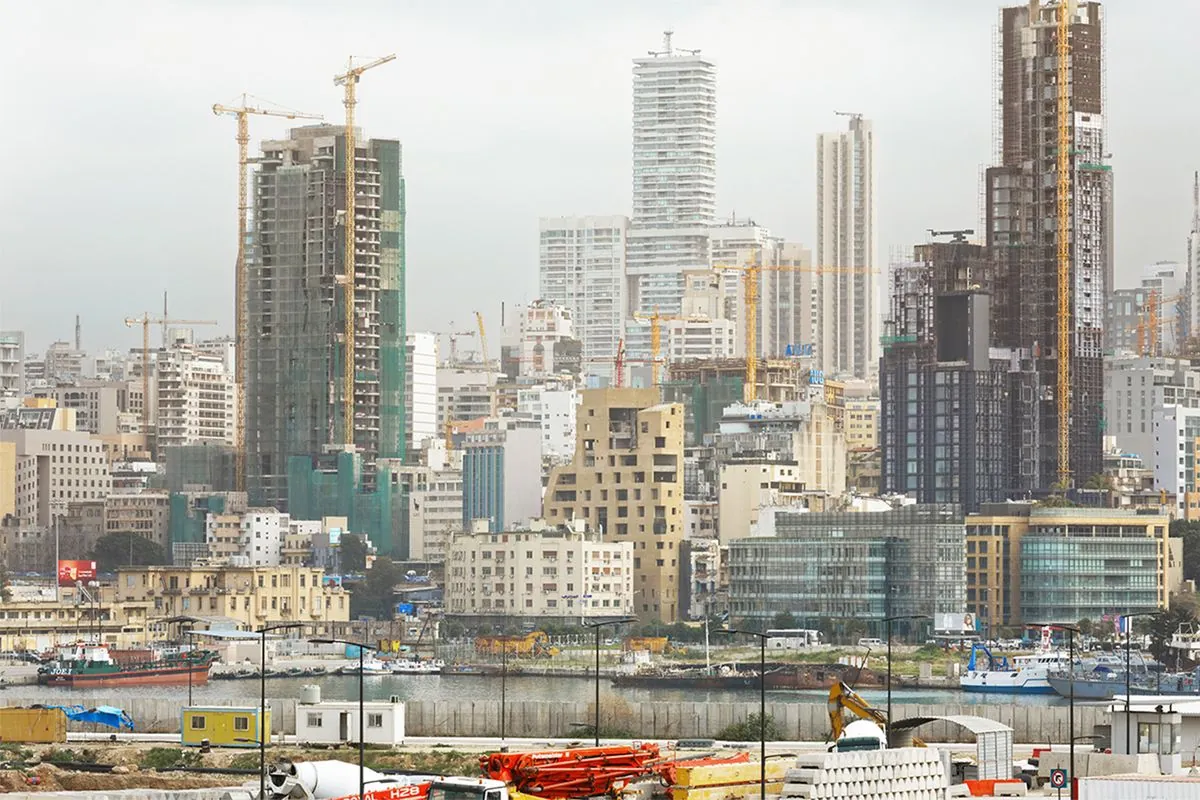
Lebanon, a nation of stark contrasts, finds itself at a crossroads as it grapples with the legacy of past conflicts and the looming threat of future wars. The country's complex tapestry of 18 religious denominations has created a society where diversity reigns supreme, yet political unity remains elusive.
In Beirut, the capital, one can witness the juxtaposition of Western and Middle Eastern influences. The city's eastern Christian districts boast bar-lined streets, while the southern suburbs, dominated by Hezbollah, present a more conservative atmosphere. This diversity extends to public opinion on potential conflict with Israel, with views varying significantly across different communities.
The recent escalation of tensions following Hezbollah's rocket attacks on northern Israel has sparked debate among Lebanese citizens. While many express solidarity with Palestinians and criticize Israeli actions in Gaza, support for Hezbollah's military engagement is far from universal.
"We empathize with Gaza and believe that Palestine should be free but Lebanon cannot start a war on behalf of the Palestinian people. We have our own problems."
Lebanon's political landscape is highly fragmented, with 128 MPs representing 41 political parties in parliament. This division has made it challenging to form a united front against Hezbollah's growing influence. The situation is further complicated by the country's ongoing economic crisis, which began in 2018 and has since become one of the worst globally since the mid-19th century.

The economic downturn has severely weakened state institutions, allowing Hezbollah to fill the void in many areas. The organization provides essential services, including welfare, education, and municipal functions in Shia-dominated regions. This has solidified its support base among Lebanon's Shia community, traditionally the most marginalized group in the country.
Hezbollah's military strength has also grown significantly. Despite a UN resolution calling for its disarmament following the 2006 war with Israel, the group has expanded its arsenal and maintains a presence near the Israeli border. The Lebanese army, struggling with financial constraints, is unable to challenge Hezbollah's dominance in the security sector.
As Lebanon faces an uncertain future, the specter of unwanted conflict looms large. The country's rich history as the "Eastern Riviera" in the 1960s seems a distant memory as it grapples with political instability, economic hardship, and the growing influence of Hezbollah. The resilience of the Lebanese people is being tested once again as they navigate these complex challenges in their small but significant nation.























